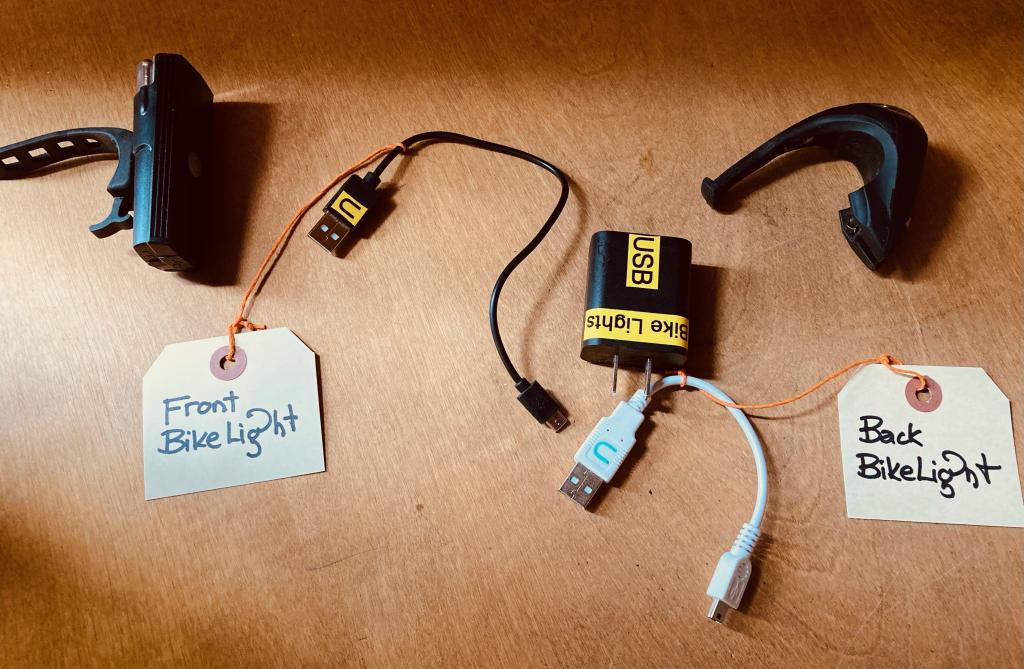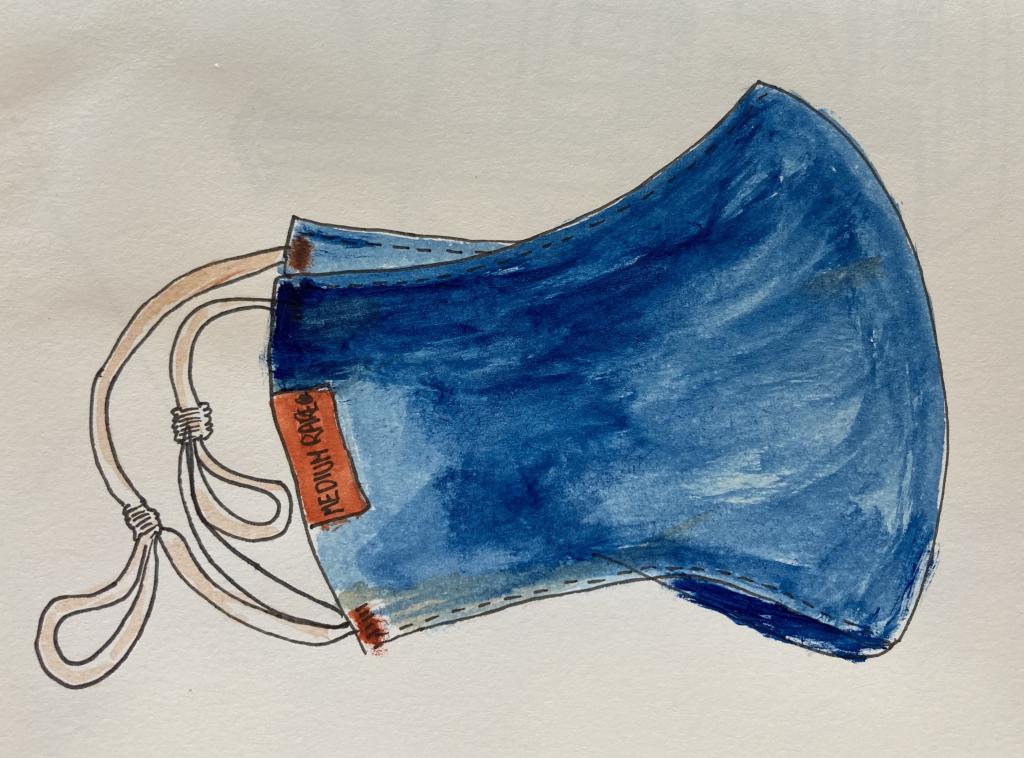On the first episode of the new Fastmail podcast, behavioural scientist BJ Fogg talks about “tiny habits” (emphasis mine):
The Fogg Behavior model is the core of behavior design. A behavior happens when three things come together at the same moment. The motivation to do the behavior, the ability to do the behavior, and the prompt. If any one of those are missing, the habit won’t happen.
That’s helpful guidance.
My friend Cheryl has a podcast called Pigeonhole, and the latest episode, AAC Voices and Talking About Audio Description, is an interview with endever*. I learned a lot about a lot of things.
Johnson: In ’96 you became the Director of Space at Ames.
Morrison: Director of Space was a wonderful title. I still have a few business cards with that on it. I joked that it was a terrible responsibility: if I didn’t do my job every day the planets would fall out of their orbits, the galaxies would explode. But then NASA Headquarters did a reorganization and created a division called the universe, and so they had Director of the Universe at Headquarters.
Dr. Michael Gardam, the new CEO of the Island’s health system, spoke to the CBC about the challenges of overcoming our 18,000-person waiting list for a family doctor.
Impenetrable bureaucracy has beaten down more than one Island health system revolutionary over the years; Dr. Gardam appears refreshingly frank in his assessments of the problems and the possible solutions, and I hope he sticks with it.
His take on one reason the solutions are taking so long:
“If we want to buy new computers, we go through a different branch of government. If we want to find space, we go through a different branch of government. If we want to spend more than $100,000 of money that’s in our budget, we have to go to the Treasury Board. These are rules. These are things that were identified a long time ago.”
The Achilles heel of all re-engineers is a desire to keep re-engineering until they fix everything, down to the roots.
Several years ago I attended a seminar by a senior Ontario government bureaucrat, a high level rumination on the work of the public service. Rather than rail against “silos,” the usual target of almost anyone making a case for what’s wrong with government, he suggested that compartmentalization was and always will be a part of public administration, and that we need to get over that, move on, and become better at navigating the complexity.
Although I’ve fallen victim to the silos many times, I tend to agree with that assessment. As much as Dr. Gardham might wish that the bureaucratic waters would part to accommodate his revolutionary plans, that is not going to happen, and the sooner he accepts that and embraces the confounding thicket on its own terms, the sooner his plans will bear fruit.
Riverview Country Market was overflowing with new potatoes and fresh strawberries this morning. Is this not the best of seasons!

I’m not a huge fan of Peter McKinnon and his hyper-polished hipster EDC snowmobile ATV drone renovation videos. But on occasion he strikes a chord. Witness I did this for 30 days and it changed my life, the mother of all clickbaity titles, but with a simple message:
Make a handwritten list of 8 critical things you need to accomplish at the start of every day. Then do them, crossing off as you go.
Not an original idea—indeed John Grimsmo does most of the explaining—but kind of brilliant in its simplicity.
I am on day number one.
So far from the list I’ve taken a bunch of stuff to the thrift shop, scraped some long-standing gunk off the library floor, and taken a bag of cables to the office.
Item four on today’s list: charge my bicycle lights. I figured if I was going to do it, I might as well make it easier for the next time, so I conjured up a system.



 I am
I am